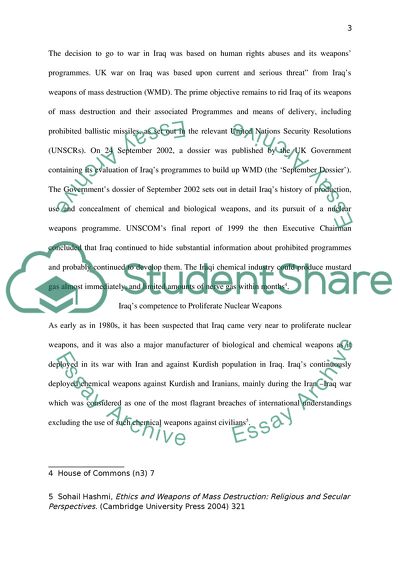Cite this document
(“ISLAMIC JURISPRUDENCE Essay Example | Topics and Well Written Essays - 3500 words”, n.d.)
Retrieved from https://studentshare.org/law/1612643-islamic-jurisprudence
Retrieved from https://studentshare.org/law/1612643-islamic-jurisprudence
(ISLAMIC JURISPRUDENCE Essay Example | Topics and Well Written Essays - 3500 Words)
https://studentshare.org/law/1612643-islamic-jurisprudence.
https://studentshare.org/law/1612643-islamic-jurisprudence.
“ISLAMIC JURISPRUDENCE Essay Example | Topics and Well Written Essays - 3500 Words”, n.d. https://studentshare.org/law/1612643-islamic-jurisprudence.


